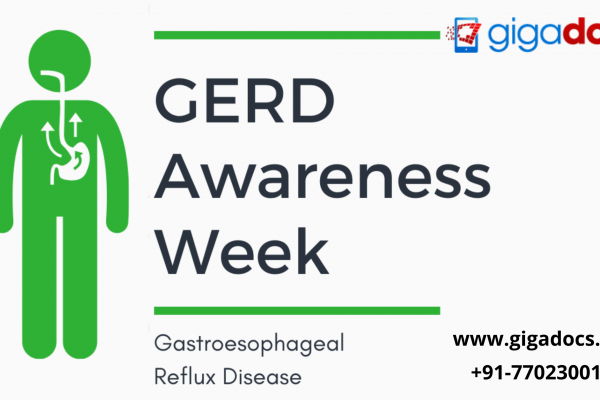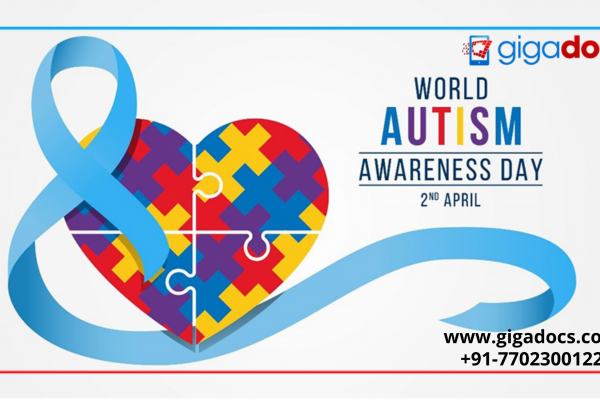It just takes 30 seconds to do a basic pulse check – that tells you the health of your heart!
In many countries, arrhythmia (an abnormal heart rhythm) is the major cause of sudden cardiac arrest (SCA), killing more people each year than lung cancer, breast cancer, and AIDS together. We can collectively avoid eighty percent of these deaths if more people become aware that cardiac rhythm (pulse rate) might save their life or minimize the chances of developing a debilitating or life-threatening Atrial Fibrillation (AF) induced stroke.
Heart arrhythmias are usually mild and create a fluttering or racing sensation in the chest. On the other hand, some pulse rates can be a cause of worry and even be life-threatening. These irregular pulse beats can happen when the electrical impulses which coordinate your heartbeats wear out, causing your heart to beat irregularly, either too slowly or too fast.
Measuring Heart Beats
A person’s pulse is used to calculate their heart rate. The following are the ideal places on the body to feel the heartbeat through the skin:
- The wrists,
- The insides of the elbows,
- The side of the neck,
- The top of the foot.
Types of Arrhythmias
Arrhythmias are identified not only by their origin (atria or ventricles) but also by the speed with which they induce heart rate fluctuations:
- Tachycardia –Fast Heartbeat! when the resting heart rate is more than 100 beats/ minute.
- Bradycardia – Slow Heartbeat! when the resting heart rate is less than 60 beats/ minute.
Not all tachycardia or bradycardia indicate heart disease. It’s natural to have a fast heartbeat during exercise- when your heart races to supply more oxygen-rich blood to your tissues. Besides, it is not uncommon for the heartbeat to slow down during a restful sleep or deep relaxation.
Premature Heartbeats
A premature heartbeat is essentially an extra beat, although it feels like a skipped heartbeat. Even if you occasionally experience a premature heartbeat, it rarely indicates a severe issue. Even so, in those with cardiovascular problems, a premature pulse can induce a longer-lasting arrhythmia. Premature heartbeats that occur frequently and linger for years can progress to a weak heart. They can develop while you’re sleeping or might be triggered by stress, strenuous exercise, or stimulants like caffeine or nicotine.
Do you know?
- A person’s resting heart rate may drop as they become more fit. Olympic athletes, for example, with healthier hearts have a resting heart rate of less than 60 beats/minute.
Symptoms of Arrhythmia
Arrhythmias can occur without causing any symptoms or indications. Your doctor may find that you have an arrhythmia during a regular checkup even before you experience the symptoms. However, having noticeable signs and symptoms does not always imply that you have a major concern.
An arrhythmia can cause the following symptoms:
- A pounding heart (tachycardia).
- A heartbeat that is slow (bradycardia).
- Pain in the chest.
- Breathing problems.
Other symptoms may include:
- Fatigue from Anxiety.
- Dizziness or lightheadedness.
- Sweating and palpitations.
- Syncope (fainting) or near-fainting.
World Heart Rhythm Week
The Arrhythmia Alliance organizes an annual awareness campaign called World Heart Rhythm Week from the 7th – 13th June every year.
This week focuses on identifying arrhythmias (irregular heart rhythms) and their severity. Since arrhythmias and hypertension (high blood pressure) can coexist, it’s extremely important to examine other heart disorders like hypertension in patients with irregular heartbeats to ascertain the probable likelihood of future complications.
Hypertension is the most common risk factor for non-communicable disease death and disability worldwide, as well as a warning flag for other life-threatening cardiac disorders. Contrary to popular belief, Hypertension and heart disease do not discriminate on age. People of all ages can develop hypertension; however, the underlying causes typically differ between younger and older generations.
Did you know?
- Heart failure, coronary artery disease, and stroke are all complications of hypertension. It currently affects 1.13 billion people globally, with 17.9 million people dying annually from cardiovascular diseases.
Stress management and other medical disorders such as hyperlipidemia are necessary for individuals with hypertension. When combined with a healthy lifestyle, regular blood pressure readings, and individually designed treatment regimens, these approaches can help lower the risk of life-threatening illnesses.
Causes of Arrhythmia
Certain conditions can lead to or cause an arrhythmia, including:
- Scarring of the heart tissue as a result of a previous heart attack.
- Coronary artery disease
- Hypertension
- A thyroid gland that is overactive (hyperthyroidism)
- A thyroid gland that is underactive (hypothyroidism)
- Sleep apnea
- Anxiety or stress
- Over-the-counter cold and allergy medicines, nutritional supplements
- Genetics
- Diabetes
- COVID-19 infection
- Tobacco use
- Excessive use of alcohol or caffeine
Arrhythmia: High-Risk Group
You may be more likely to develop an arrhythmia when-
- Age – As you get older, your odds increase.
- Genes- If a close family has experienced an arrhythmia, your chances are likely to be higher. Heart disease can run in families.
- Lifestyle Adoption- Smoking, alcohol, and recreational substances can all increase your Arrhythmia risk.
- Medical complications- Like Hypertension, diabetes, low blood sugar, obesity, sleep apnea, and autoimmune illnesses.
- Environment- Pollution like air pollution can increase your chances of developing arrhythmia.
- Coronary artery disease, other cardiac conditions, and an old heart surgery can increase Arrhythmia risk.
- Obstructive sleep apnea- Interrupted breathing while you sleep increases the risk of bradycardia, atrial fibrillation, and other arrhythmia complications.
- Electrolyte imbalance- When the body’s electrolytes in the blood like potassium, sodium, calcium, and magnesium are too low or too high, it can interfere with your heart’s electrical impulses and lead to arrhythmia development.
- Drugs and dietary supplements- Certain over-the-counter cough and cold treatments, as well as some prescription medications, may trigger an arrhythmia onset.
- Drinking too much alcohol- May disrupt your heart’s electrical impulses, increasing your risk of an atrial fibrillation.
- Caffeine, nicotine, or illegal drug use- Can make your heartbeat quicker, perhaps leading to more severe arrhythmias. Illegal drugs, such as amphetamines and cocaine, can have a massive effect on the heart, resulting in arrhythmia or sudden death from ventricular fibrillation.
How to Prevent Arrhythmia Onset?
You can minimize your risk of heart disease and prevent cardiac arrhythmia by following a healthier lifestyle, which can include-
- A heart-healthy diet is a balanced mix of all the essential nutrients.
- Be alert and cautious when taking over-the-counter medications, as certain cold and cough medicines contain stimulants that can cause a rapid heartbeat.
- Maintaining a healthy weight and staying physically active.
- Quitting Smoking.
- Moderate consumption of caffeine and alcohol.
- Stress management as high levels of stress and anger can disrupt heart rhythm.
Arrhythmia Support with Gigadocs
You may experience premature heartbeats or the sensation that your heart is racing or beating too slowly as an early arrhythmia warning sign. Other symptoms like shortness of breath, weakness, dizziness, lightheadedness, fainting or near-fainting, and chest pain or discomfort can be potential triggers.
If you notice any of these signs and symptoms, seek medical help right away. Consult expert cardiologists on the Gigadocs app, your one-stop solution for all your healthcare needs. Book dietitians and discuss what food you must have to keep your heart healthy and keep diabetes at bay.
Gigadocs lets you store your medical records digitally, which you can access and consult doctors from the privacy of your home at your convenient timings. To know more, download the Gigadocs app from-
- IOS App – apple.co/2W2iG4V
- Android App – bit.ly/33AQoRC
To know more and schedule a Virtual Consultation demo, Email @ info@gigadocs.com.




